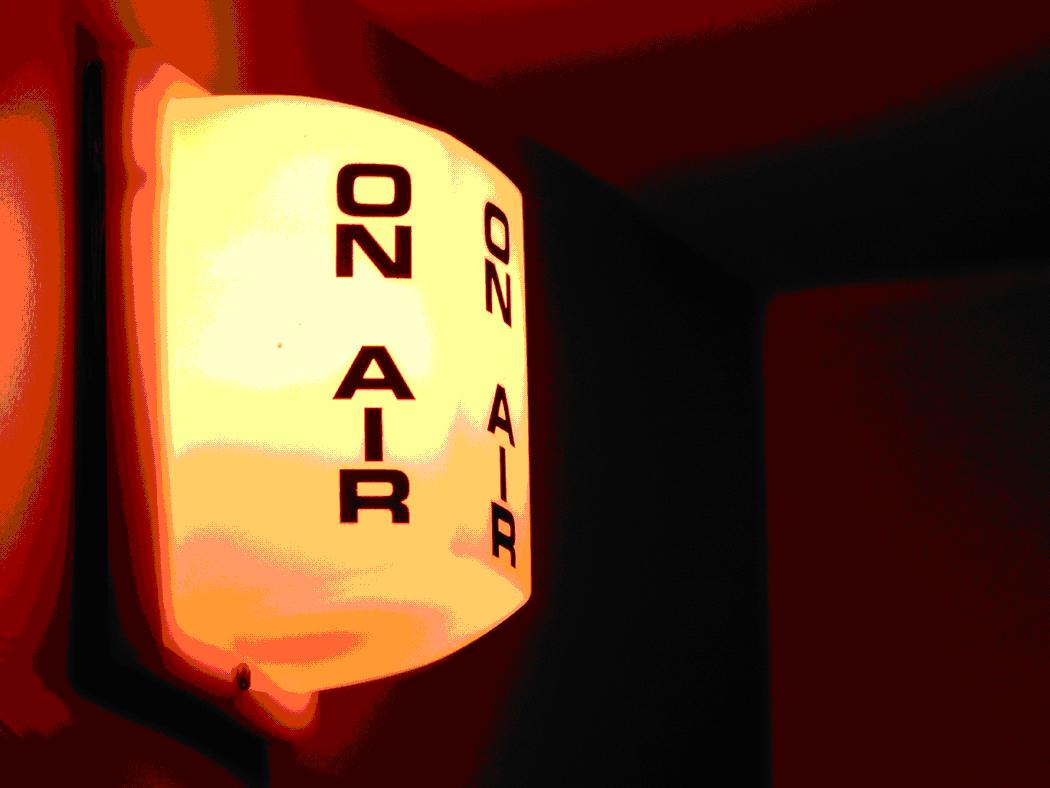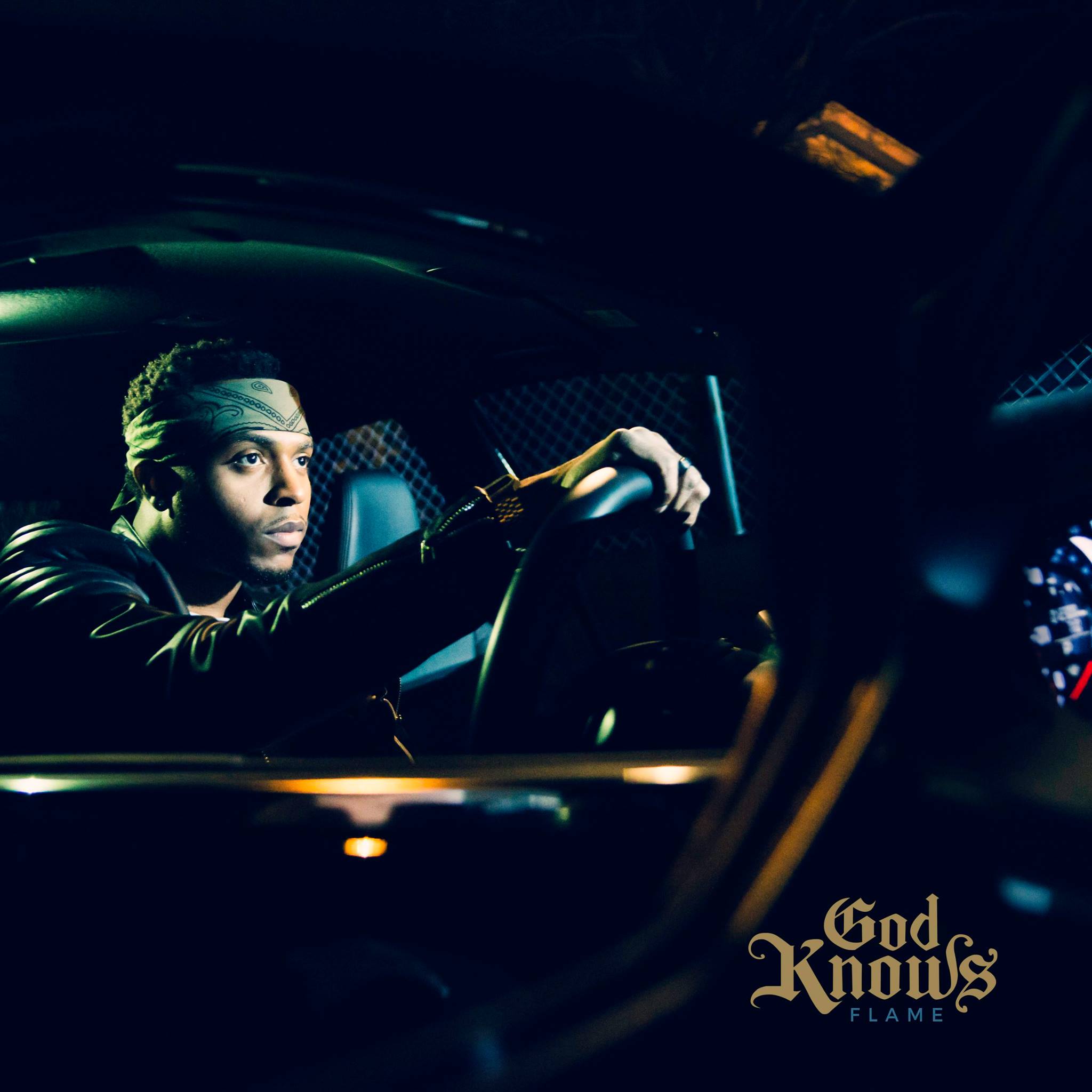Editor’s Note: This article was written to all musical artists and not just those in the Christian hip-hop genre. There are some minor differences as far as Christian hip-hop is concerned, but the general premise is the same and the article is still very relevant.
Visualize a DJ at a radio station, doing their job. Do you see someone behind a mic wearing huge headphones, surrounded by endless stacks of CDs? Or maybe in front of a computer, scrolling through tens of thousands of mp3s. You call in and request your favorite song. The DJ finds the song in his catalog and plays it right away. Or perhaps the DJ pulls out whatever he feels like playing, scrolls through songs, and makes up his own mix. They hold all the power, right? Wrong. In fact, pretty much everything in that visualization is incorrect. Many people are totally unaware of the fact that DJs have little or no power over what is played on radio stations. They press the buttons, introduce songs, entertain the listeners – and sure, maybe take a request now and then – but they do not pick what songs play during their show.
The music that you hear on the radio is precisely scheduled down to the second and run by a complex digital scheduling system. Each song on the radio’s playlist is assigned a certain amount of plays, or as the industry calls them, “spins,” and those spins are arranged throughout the day and night. And not just any song makes it into this rotation! Depending on the station, there are only 13-40 spots for new songs on the playlist at any given time, with only a handful of spots for new songs each week! So, who picks what will be played? At most stations, it is someone called the Music Director (sometimes Program Director, but we will call them the Music Director in this post). Not only do they choose which songs make it onto the air, but they pick how many times each song will get played! This person is the one who needs to receive your song.
So, why not burn a copy of your song and head to the station, pick up a cup of coffee and a pastry on the way, and drop it all off on the Music Director’s desk? Nobody can pass up free Starbucks. Maybe you can chat with them a little bit and tell them about your music. It all sounds good in theory, but in the radio world, there are many problems with this picture. First, your chances of getting past the front desk are slim to none. Music Directors are busy people. Most of them have multiple roles at the station, such as doing production, helping to program the station, and possibly even hosting their own on-air shift. Receptionists know this and wouldn’t let just anyone interrupt the Music Director’s day. Even if you are lucky enough to get to their office, the chances of them actually being at their desk are miniscule as well! They just have too much going on to take meetings with everyone who walks in.
Just for fun, let’s look at the best-case scenario. You are having a great day. The line at Starbucks was short, and you hit no traffic on the way to the station. The receptionist escorted you directly to the Music Director’s office. The Music Director happily accepts the coffee and asks you to stay and chat for a while. Before you leave, they shake your hand and thank you for stopping by. You leave feeling great about the meeting. Little do you know that minutes after you walked out, your CD was put in a never-ending stack of music that the Music Director is currently testing for the station. We are talking about hundreds of songs. The Music Director is probably a very nice person and probably would love to play more local/indie artists, but that is just not the way things work. With 13-40 spots available for current songs, indie and local artists are going to end up at the bottom of that pile of CD’s, while well-known, big label artists will end up at the top. This is where Radio Promotion comes in. (Note: Most MDs only listen to singles in a digital format these days and your single would most likely get lost in the hundreds of songs that are constantly being sent to them.)
Right now, you are an indie artist at the bottom of the totem pole. You might have everything else it takes to make it, but your CD is still at the end of the stack. Webster’s dictionary defines promotion as “the act of furthering the growth or development of something.” Radio Promotion will further the growth and development of your song on radio stations. Another definition says “advancement in rank or position.” While this definition is usually thought of in a different context than that of advertising or development, for instance, a job promotion, it also fits in perfectly with Radio Promotion. Radio Promotion will advance your “rank” in the radio industry. It is what will get your song pulled out of that pile and listened to by the Music Director. Anyone who wants their song on the radio must have Radio Promotion!
(Note: Most labels and artist no longer send CDs but use some form of digital servicing. CDs are obsolete.)





